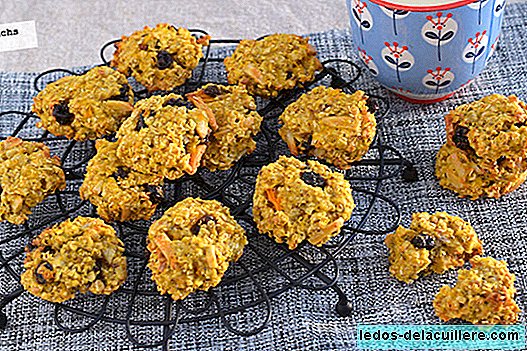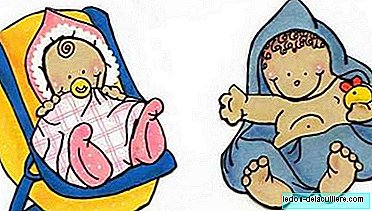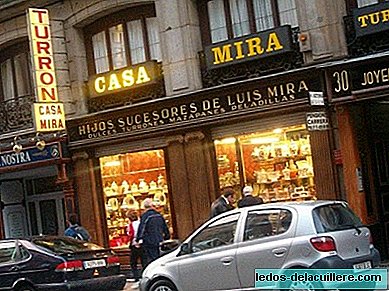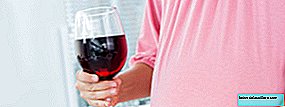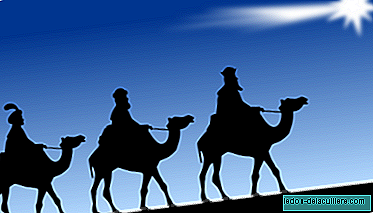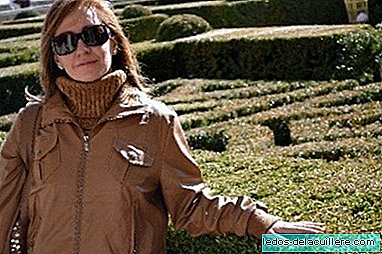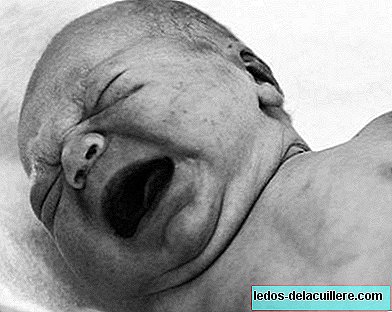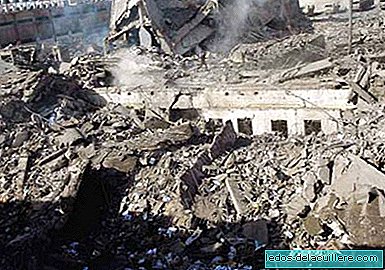
Child nutrition experts, including WHO, have sent this advice to the media and NGOs: not send formula milk to Gaza or other places suffering humanitarian disasters.
They explain that it is not advisable to deliver powdered infant formula or bottle milk since "the indiscriminate use of infant formula in extremely emergency cases is extremely dangerous. being able to cause illness and death".
Adapted milk is a resource that can save lives in specific cases and that, in Western countries, can be used safely. But when there is no drinking water or hygienic conditions it is a real danger for babies. Let's not send formula milk to Gaza. The feeding of young children and infants is analyzed deeply by these experts in various documents and the conclusion is that it is not necessary to donate neither formula milk nor bottles to places in situations such as what is happening in Gaza or like those that, unfortunately, are They happen in many places in the world.
The referred documents explain that breastfeeding is safe and sterile while the introduction of artificial lactation can, especially in places where natural or man-made disasters have occurred, lead to added health risks.
Breastfed babies have a safe, sterile and always available source of food. But if babies are fed formula in disaster situations they are prone to get diarrhea and infections very serious, since there is no way to guarantee the sterility of water or bottles if they are administered outside very controlled environments. And diarrhea can cause dehydration and death.
For children under 5 years of age, especially those under two years of age, an uncontaminated diet should be ensured and protected with breastfeeding as well, as recommended by WHO for at least two years and more.
WABA, the World Organization for the Promotion of Breastfeeding distributes a document that explains how it is usual for humanitarian disasters to donate formula milk and end up distributing it as part of the emergency rations. And this is very dangerous.
After the Jakarta earthquake UNICEF conducted an audit that revealed that 70% of babies had received formula, even if they were normally breastfed. And in a flood in Bostwana in 2005, 500 deaths were studied due to illness and all of them had received formula.
In cases of humanitarian disasters the best strategy for save babies lives is to maintain exclusive breastfeeding. Do not donate indiscriminately formula milk but help mothers to trust that breastfeeding is the best for their baby and even promote relactation in women who had weaned.
The recommendation goes further, and following what the WHO advises for any child, it is considered appropriate that babies whose non-breastfeeding mother be fed by a nurse.
If the above options were unfeasible, and only under strict sanitary control, babies could be fed formula. But the quantity requirements are small and should be acquired ad hoc. It is not advisable to bottle-feed because sterilization, if there are not enough means, is very difficult and can transmit infections. Therefore milk should be given in a cup.
WABA warns that disasters could be used to enter the markets by distribution companies, so it asks the media, individuals and NGOs to report violations of the International Code of Marketing of Breast Milk Substitutes to the corresponding agency, IBFAN and UNICEF.
It also requests that if we make donations of any kind to NGOs that are going to act in these places, we demand that we receive a receipt that makes it clear that it will not be used to buy and distribute formula milk.


